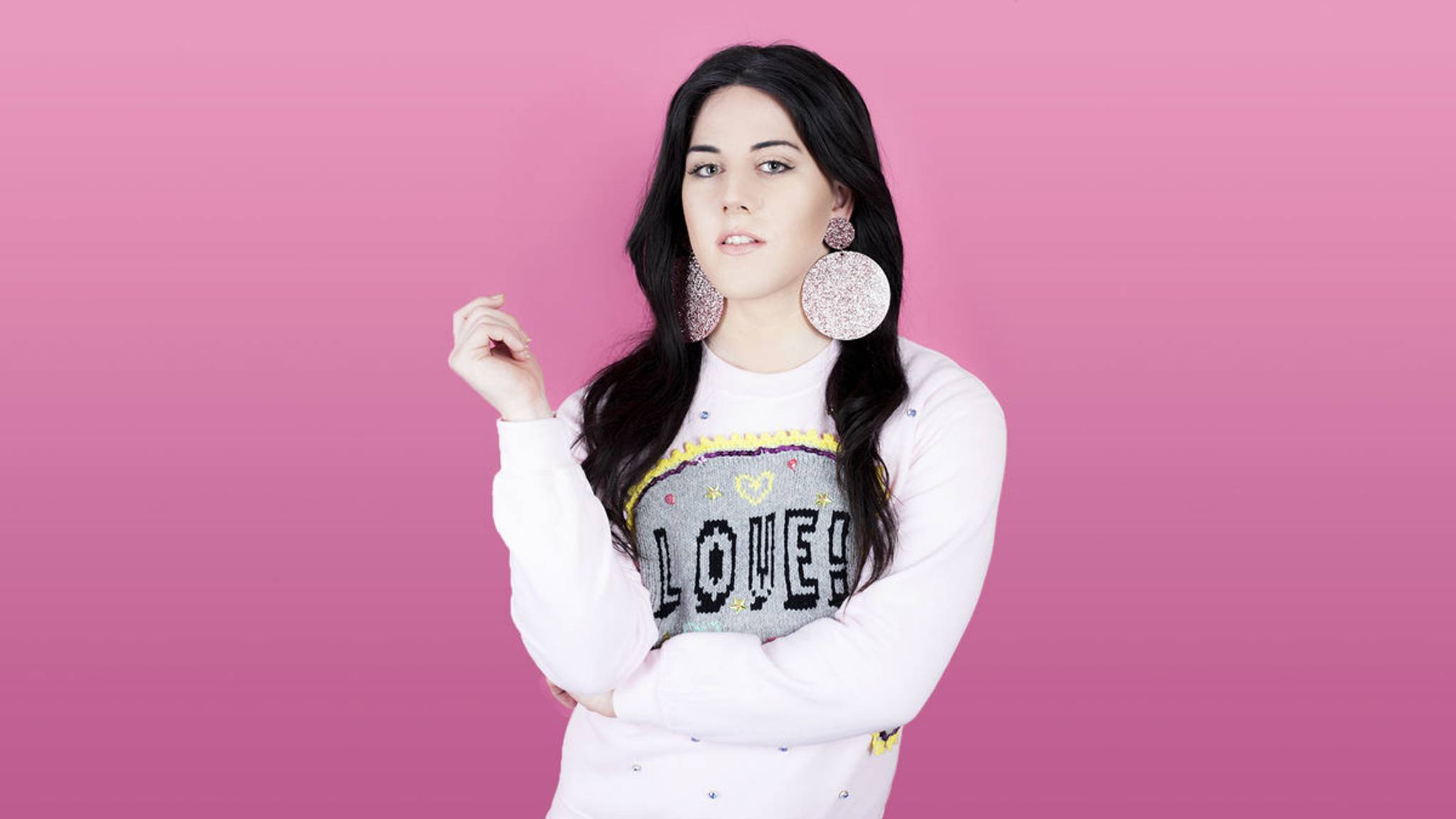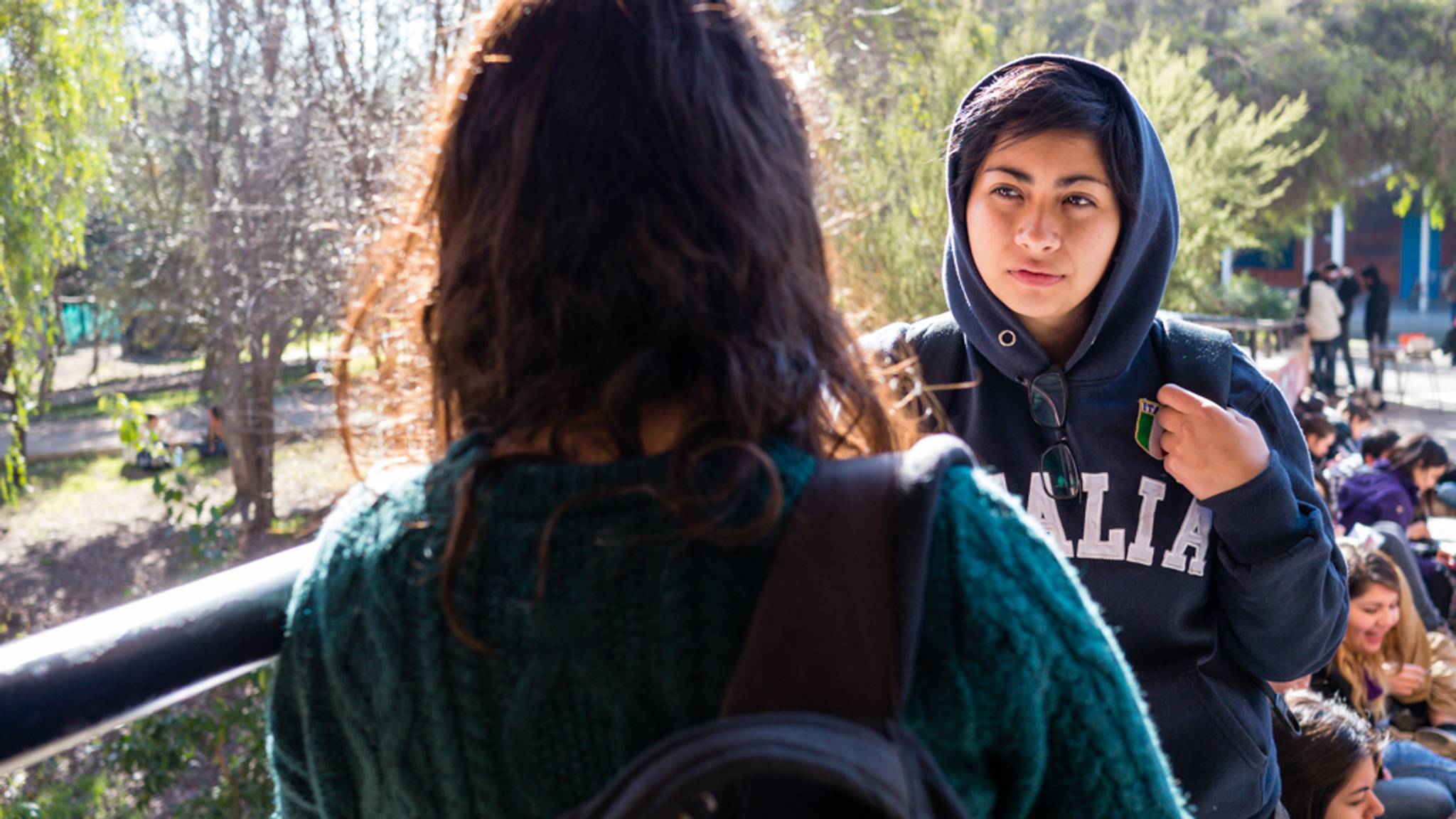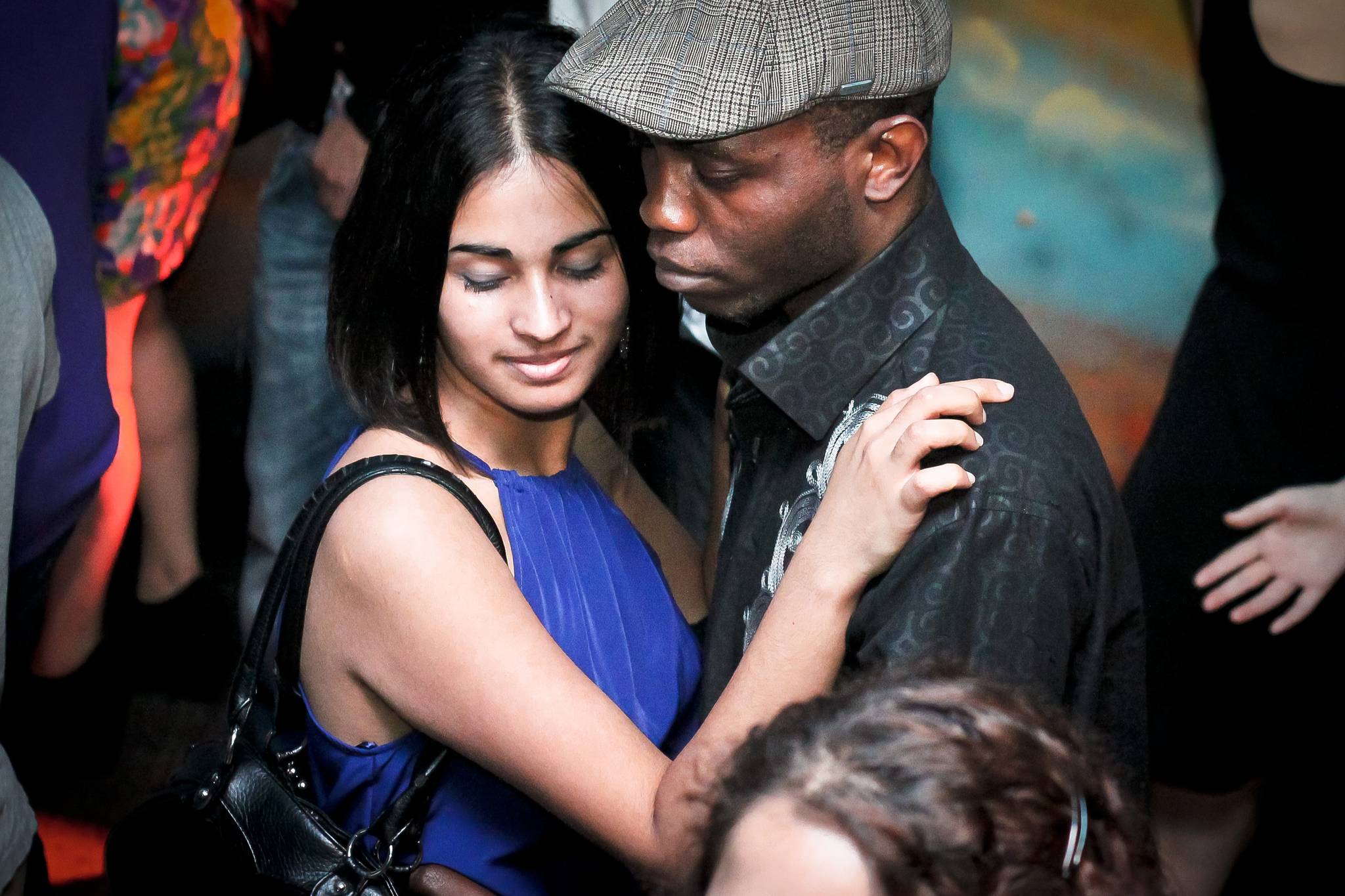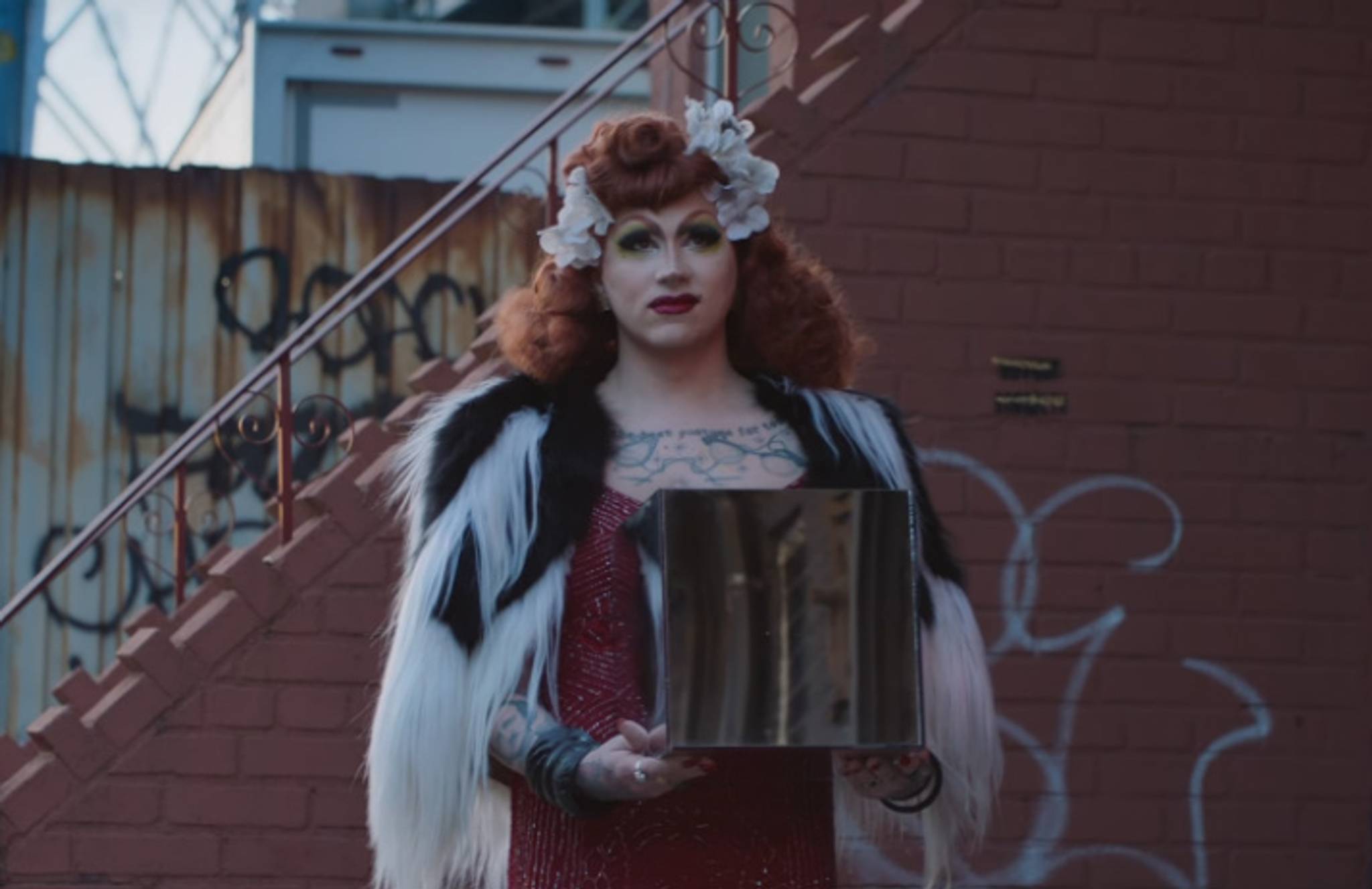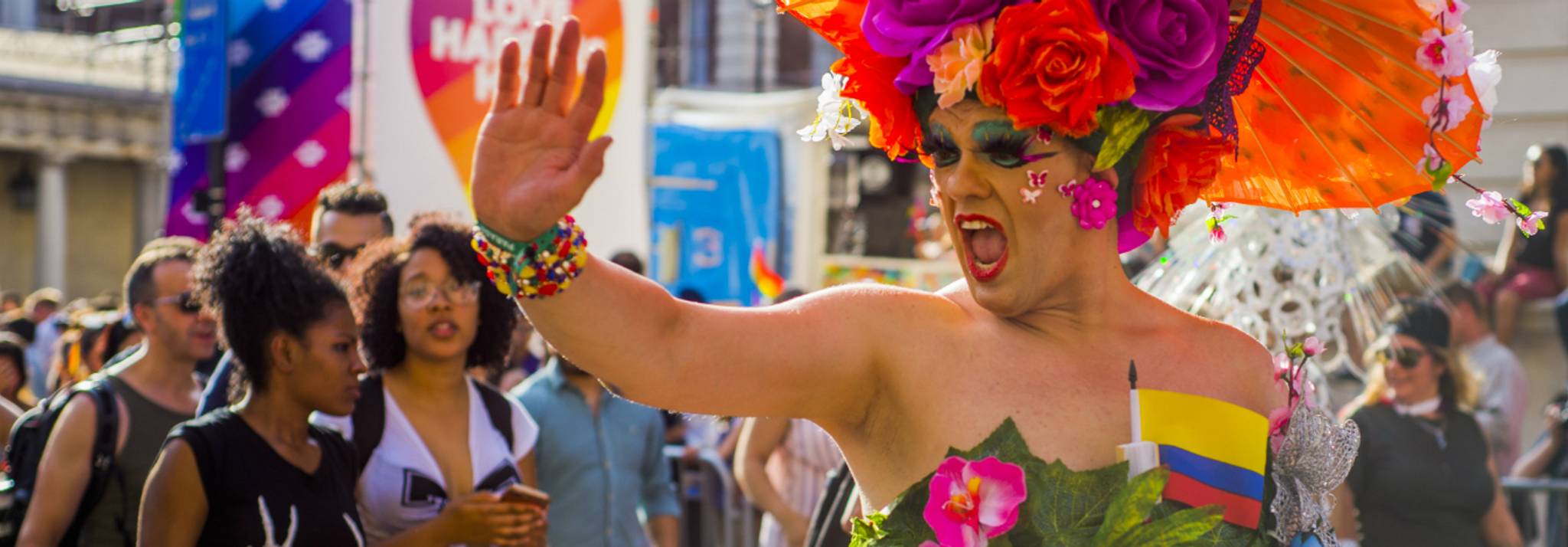
This past weekend, London celebrated its annual Pride festival, and to mark the occasion Pride In London unveiled a campaign that marked five decades since parliament voted to legalise homosexuality. In collaboration with WCRS, the #LoveHappensHere campaign celebrated love in all its forms with a series of ads aired on Channel 4 that took a closer look at families of LGBTQ+ individuals expressing their regret for how they may have reacted to their loved ones’ sexuality. We explore the insights behind the campaign, and understand why it could be positive for the focus to shift from LGBTQ+ groups themselves to the friends and family who didn’t understand them.
“Parents, now it’s time to talk to you,” said director and screenwriter John Waters, speaking to the Rhode Island School of Design’s graduating class of 2015. “God, these kids can be brats, can’t they? Can’t they give you a second to adjust to such social changes as sexual reassignment surgery, horn implants, and the political rights of the adult-baby community?“ While Waters’ comments were in jest, they highlight the struggles some parents face in light of the social differences that form the cracks between generations.
‘The Apology’ – a spot from the #LoveHappensHere campaign – similarly focuses on mothers, fathers, brothers and sisters who have found it hard to adapt with the times, lamenting over past actions and apologising for things they’d said or done. While other elements of the campaign – like posters emblazoned with the words ‘’My sister is gay. I'm straight. Together we're G-raight." – garnered criticism for focusing on the straight community, the ads intend to promote the idea that empathy can be powerful in repairing relationships that may have broken down due to opposing views.
This is the latest in a stream of spots that attempt to narrow the gaps between polarised communities, and encourage more empathy in viewers. The Tribeca Film Festival released an ad of a similar nature following the political events of 2016, depicting individuals roaming the streets of New York with a five-sided mirror cube on their head, emphasising the similarities rather than the differences. Technologies like virtual reality are also being harnessed by brands to help people understand those not like them.
“British society has made a lot of progress since gay male sex was legalised 50 years ago,” says Iain Walters, deputy director of marketing for Pride In London. “But if you look at the Met Police data then since 2014, when equal marriage laws were passed, hate crimes towards the LGBTQ+ community in London have increased by 35%. This shows there’s clearly still a need for brands to humanise the gay community.” Given that research suggests people’s existing views are reinforced when faced with ideas they don’t like – a phenomenon known as the ‘backfire effect’ – perhaps showing ads that demonstrate an understanding of straight individuals who didn’t ‘get it’ will encourage them to think in more progressive ways.
Hannah Callaghan is an account executive at Canvas8, which specialises in behavioural insights and consumer research. When she’s not helping clients navigate the deepest layers of the Canvas8 Library, she’s probably binge-watching RuPaul’s Drag Race or befriending other people’s dogs.
